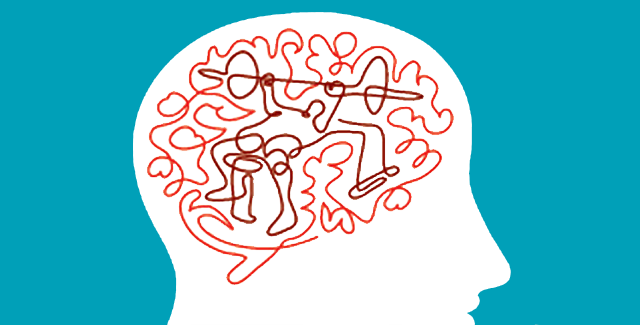Research involving close to 6,000 young children aged 9 to 10 found that physical activity is more beneficial for brain health than previously known.
According to the study by Boston Children’s Hospital, no matter the extent of physical activity, children could benefit from all forms of exercise, leading to organizational properties in the children’s brain circuits.
The findings were published in the journal Cerebral Cortex.
The 5,955 child participants examined were part of the Adolescent Brain Cognitive Development Cohort.
“We investigated direct and indirect effects of physical activity on resting-state networks, the backbone of the functional connectome that ubiquitously affects cognitive function,” the journal article states.
“We estimated significant positive effects of regular physical activity on network connectivity, efficiency, robustness and stability, and on local topologies of attention, somatomotor, frontoparietal, limbic, and default-mode networks, which support extensive processes, from memory and executive control to emotional processing.”
Researchers explained in their findings that during the preteen years, some brain functions are still under development and could be affected by numerous factors. Physical activity could positively affect those brain regions, the study determined.
“Regular physical activity may have extensive positive effects on the development of the functional connectome, and may be critical for improving the detrimental effects of unhealthy weight on cognitive health,” researchers affirmed in their journal article.


